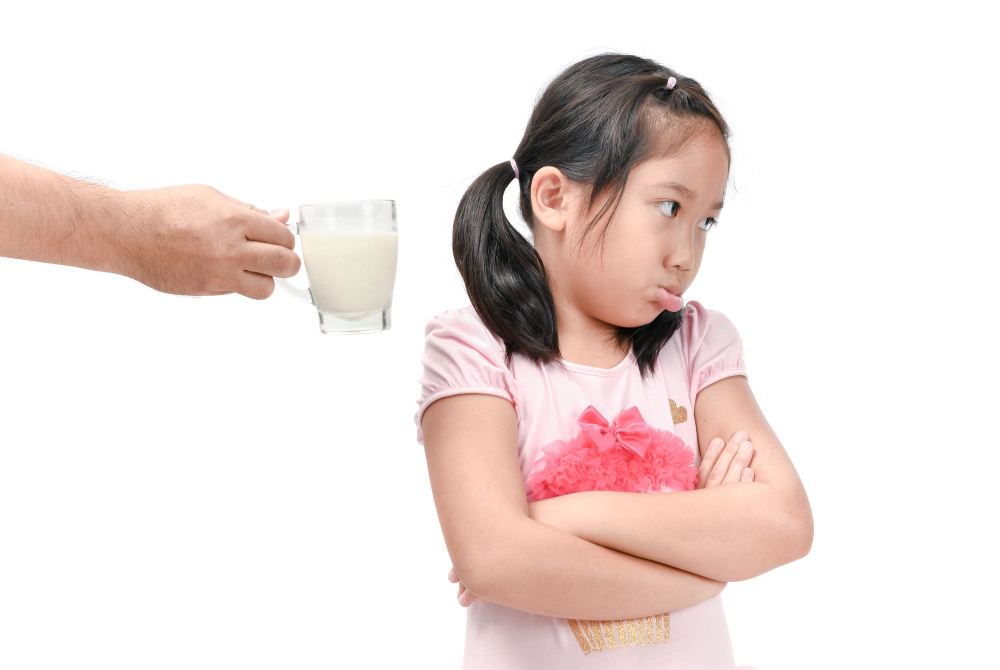Lactose intolerance in children happens when a child’s body cannot digest lactose, a sugar found in milk and dairy products. Many parents wonder about the causes of lactose intolerance in children. This blog explains why children develop lactose intolerance, focusing on the main causes. We also cover symptoms, when to see a doctor, and where to find reliable information.
What Is Lactose Intolerance in Children?
Lactose intolerance means the body cannot break down lactose. Lactose is a sugar in milk and dairy foods. Usually, the body uses an enzyme called lactase to digest lactose. However, some children do not make enough lactase. As a result, they may feel sick after eating or drinking dairy. This condition is called pediatric lactose intolerance. It is different from a milk allergy, which is a reaction to milk proteins.
Main Causes of Lactose Intolerance in Children
There are several reasons why children develop lactose intolerance. Understanding these causes can help parents manage the condition better. Below are the main causes of lactose intolerance in children:
How to Recognize Lactose Intolerance in Children
It is important to know the signs of lactose intolerance in children. After eating or drinking dairy, children may show symptoms such as:
These symptoms usually appear within a few hours after consuming lactose. However, not all children have the same symptoms. Some may have mild discomfort, while others feel very sick.
When to See a Doctor
If your child often feels sick after eating dairy, it is wise to talk to a doctor. Sometimes, symptoms can be caused by other health problems. Therefore, a doctor can help find the real cause. You should see a doctor if your child:
Early diagnosis helps manage symptoms and keeps your child healthy. A pediatrician may suggest tests to confirm lactose intolerance.
If you suspect your child has lactose intolerance, consult a pediatrician for personalized advice.

